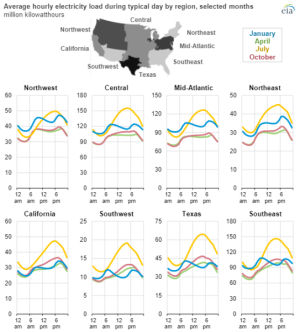Thanks for these examples. I don't see these changes the same way I see banning fossil fuel vehicles, they just aren't the same. Your examples are social changes, banning fossil fuel is an economic change, not the same at all but I thank you just the same.
LOL, I have those light bulbs in my house and guess what? They don't all last 25 years and they are a problem when you need to dispose of them. You can't just through them in the trash like the old type lightbulb. This is a perfect example of EVERYTHING has a cost and NOTHING is perfect.
Cars back in the 50s and 60s were like tanks. They were very heavy, and they didn't go as fast as the cars today. If they were involved in a crash, they didn't crumble the way cars today do. With the newer vehicles we need seat belts because the cars today just aren't as safe as the cars of yesterday for the reasons stated above.
